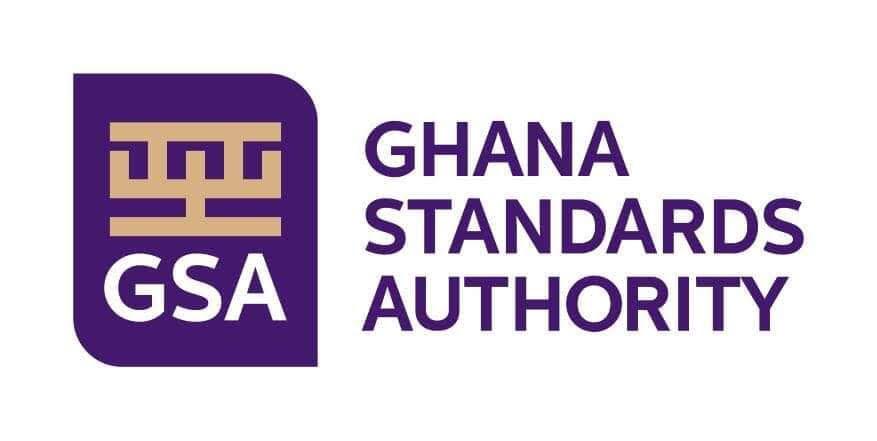Published
5 years agoon

The government has been urged to take decisive steps to tackle the increasing threat to public health by the high levels of aflatoxins in most of the country’s staple foods.
Ms. Sally Nai Kai Adoley Adjetey, a representative of the International Institute for Tropical Agriculture (ITTA) on the National Aflatoxin Sensitization and Management (NASAM) Project, underlined the urgent need to provide more test kits.
Currently, farmers and food processors, can have the cereals and grains they produce, tested for aflatoxins only at the Ghana Standards Authority (GSA) and this comes at a fee of ¢250.
She said apart from its harmful effects on human health, aflatoxin contamination could also adversely impact on export trade volumes as commodities like groundnuts in the past had been rejected by the European markets.
Ghana, she warned, faced a threat of an export ban of aflatoxin-susceptible commodities if the necessary actions were not taken to bring down the high levels of toxic compounds.
Ms. Adjetey was speaking when members of the NASAM Project called on the Management of the Ghana News Agency (GNA) to solicit their support for the campaign to create awareness and deepen the understanding of everybody about the dangers posed by aflatoxins.
She made reference to a study done in year 2018 that showed that over 64 percent of weanimix samples had high levels of aflatoxins above 10 parts per billion (ppb) codex standards for process foods.
“Aflatoxins are one of the most potent and dangerous groups of mycotoxins worldwide.
“Over four billion people in developing countries are repeatedly exposed to aflatoxins, contributing to greater than 40 percent of the disease burden in these countries.”
Ms. Adjetey announced that the ITTA in collaboration with the United States Department of Agriculture – Agricultural Research Service, and the Kwame Nkrumah University of Science and Technology had developed and tested a bio-pesticide that had proven to control the fungi that produce aflatoxins in the soil.
Known as Aflasafe, it prevents crop infection, contamination and reduces aflatoxins by between 80 and 100 percent.
Mr. Peter Martey Agbeko, Assistant Project Manager of the NASAM, described discoloured and mouldy grains as potentially contaminated by harmful aflatoxins, which were both toxic and carcinogenic.
He noted that Ghana, like many other West African countries, had high levels of aflatoxins in majority of its staples – maize, peanuts, millet, and sorghum.
“Consumption of both maize and groundnut results in high human aflatoxin exposure in Ghana. However, most Ghanaians have little to no knowledge of either what aflatoxins are or the health risks posed by these toxins”, something he said needed to change.
Ms. Ruth Mma Alando, Project Head of NASAM, said as part of the implementation of the two-year project funded by the Alliance for Green Revolution in Africa (AGRA), the project was collaborating with extension officers at the local level to educate farmers on good agronomic practices to reduce the levels of contamination.
Mr. Albert Kofi Owusu, the General Manager of GNA, pledged to give strong support to the public sensitization campaign.
The Agency would assist to put media spotlight on the harmful effects of aflatoxins on the health of the people and the economy.
Source: GNA
